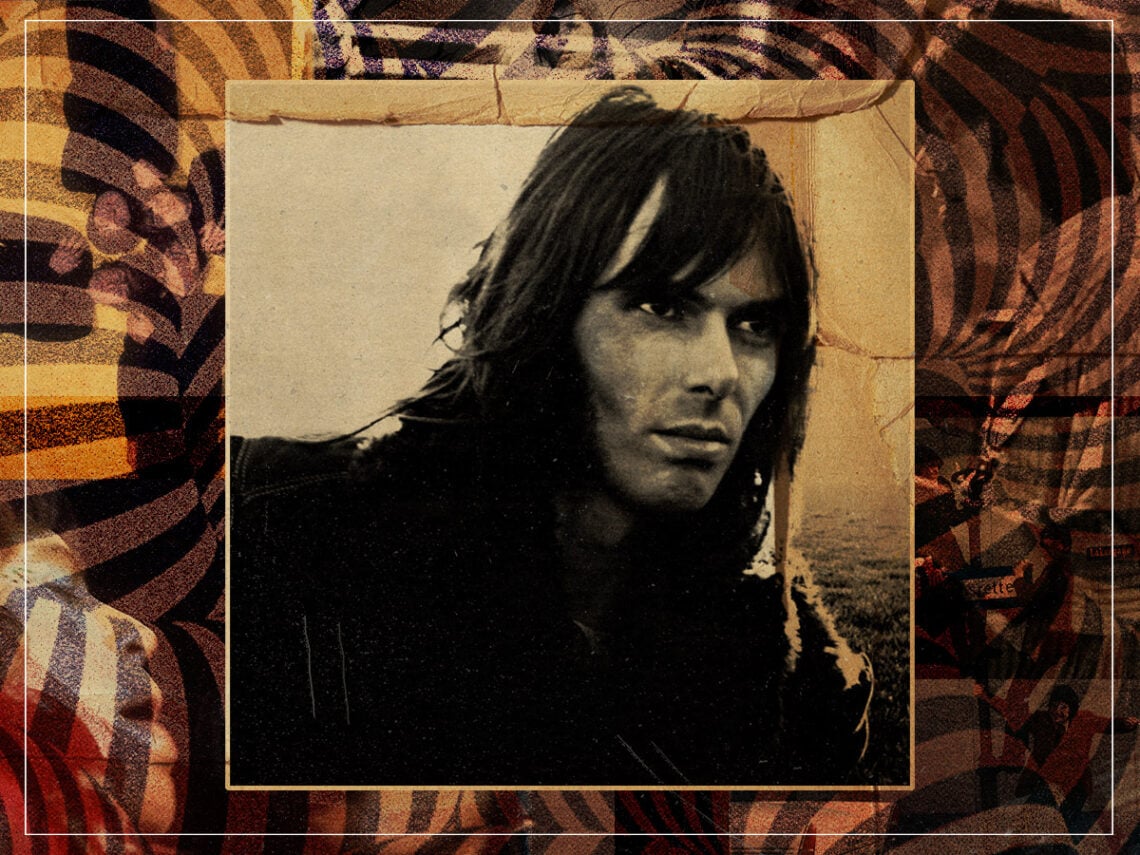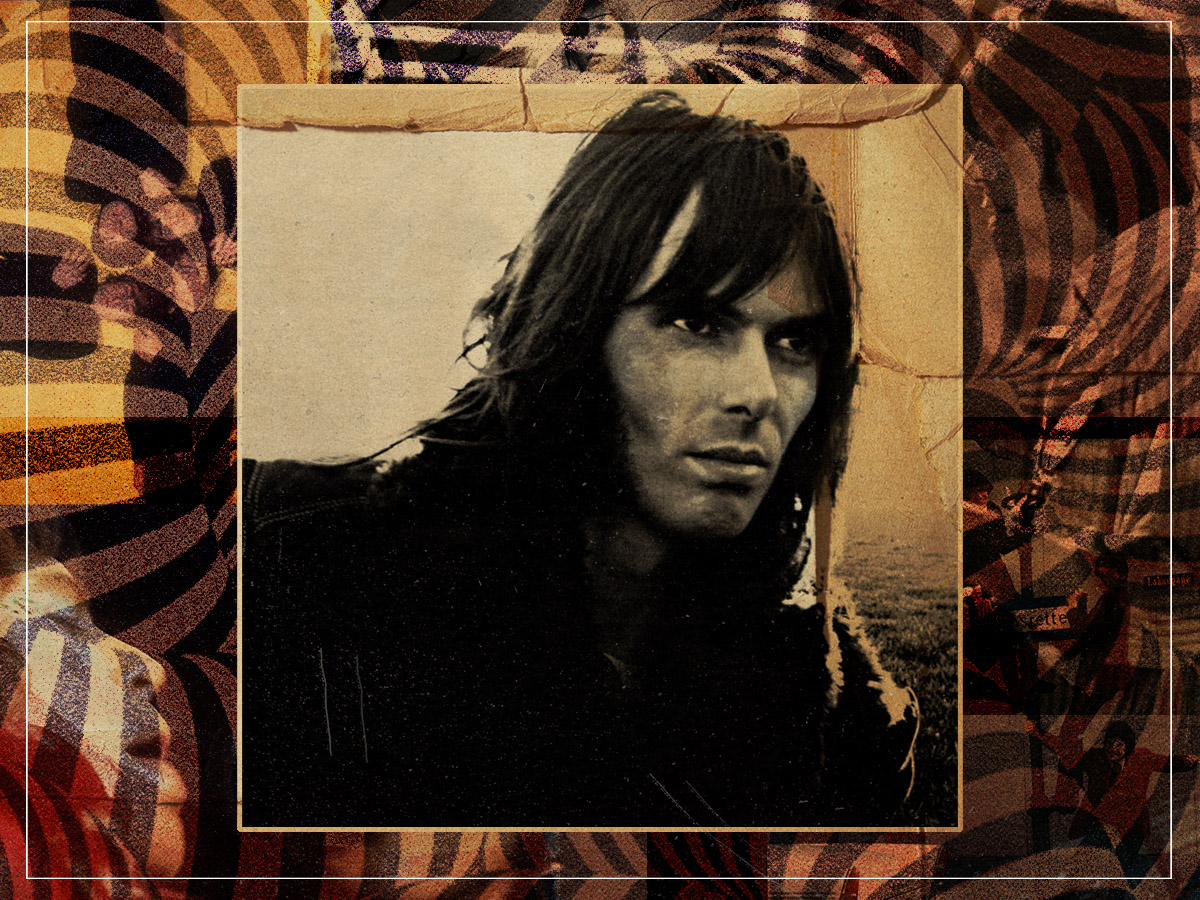
(Credits: Far Out / Columbia Records)
Tue 2 September 2025 15:30, UK
Session musicians have been the backbone of rock and roll greatness from the very beginning. Although the egos of frontmen and lead guitarists take most of the glory, some of rock’s all-time greatest anthems are endlessly indebted to figures like Nicky Hopkins.
Even if you have never heard the name, you have definitely come across his work. Hopkin’s CV was unbeatable as one of the most prolific and sought-after session pianists of the 1960s and 1970s. You can hear him jamming on records by the likes of The Beatles, The Who, The Rolling Stones, Jerry Garcia, and The Kinks, among other fame monsters. Essentially, if you can think of a golden age rock outfit, the likelihood is that they crossed paths with him at one point or another.
Why, then, is Hopkins’ name not nearly as widely well-known as the records which he performed on? Well, such is the trade of a session musician, who, like the others of his ilk, was not there to take the limelight; he was only there to get a job done. For instance, in his pre-Led Zeppelin days, Jimmy Page worked as a session musician playing on everything from Petula Clark’s ‘Downtown’ to obscure muzak library LPs, yet hardly anyone knew his name until he started creating his own music.
Conversely, Hopkins’ own solo albums didn’t fare quite so well in the 1960s musical mainstream, relegating him to the umbrella of most woefully overlooked and underrated musicians of that era, ignored by the general public. Still, the music industry itself was rife with Hopkins appreciators, particularly those groups he’d performed with over the years. In fact, The Kinks’ Ray Davies had such an appreciation for the pianist that he penned the 1966 track ‘Session Man’ in his honour.
Davies first crossed paths with Hopkins a year prior, in 1965, thanks to producer Shel Talmy, who recruited the session pianist for The Kink Kontroversy. From there, he went to perform on the next three of their records, including Face to Face, which was the album that featured ‘Session Man’.
Presenting an upbeat, almost whimsical view of Hopkins’ work, Davies heaps praise onto the rock and roll skills of the pianist, noting that he is “a top musician” who is, nevertheless, “not paid to think, just play”. It is not clear just how appreciative the keysman was of that summary, but the session musician’s hallmarks are all over Face to Face, which still stands out among The Kinks’ greatest works.
Although the band and Hopkins maintained a close working relationship for a few more years after ‘Session Man’, their 1968 record, The Kinks Are the Village Green Preservation Society, spelt the end of the altruism. Uncredited monetarily and for his talents, he was incensed at not being paid for the extensive, essential work on the album and the keyboards being credited to Ray Davies, rather than himself.
While The Kinks might have honoured the pioneering session work of Nicky Hopkins in 1966, their appreciation seemingly was a song and dance not enough to pay him fairly for the work he had completed for the band. We all have our limits sharing the limelight, I suppose.
Related Topics

